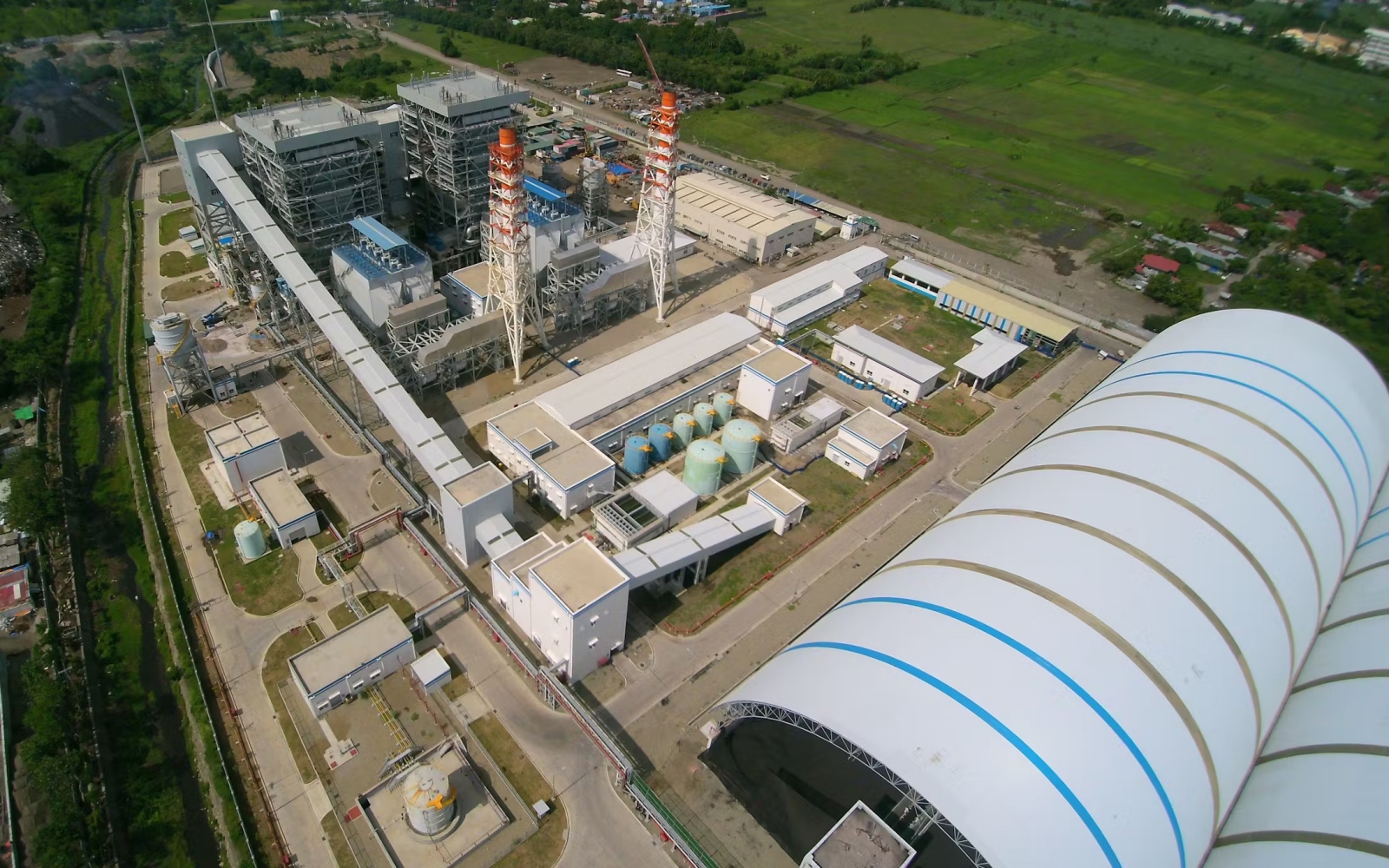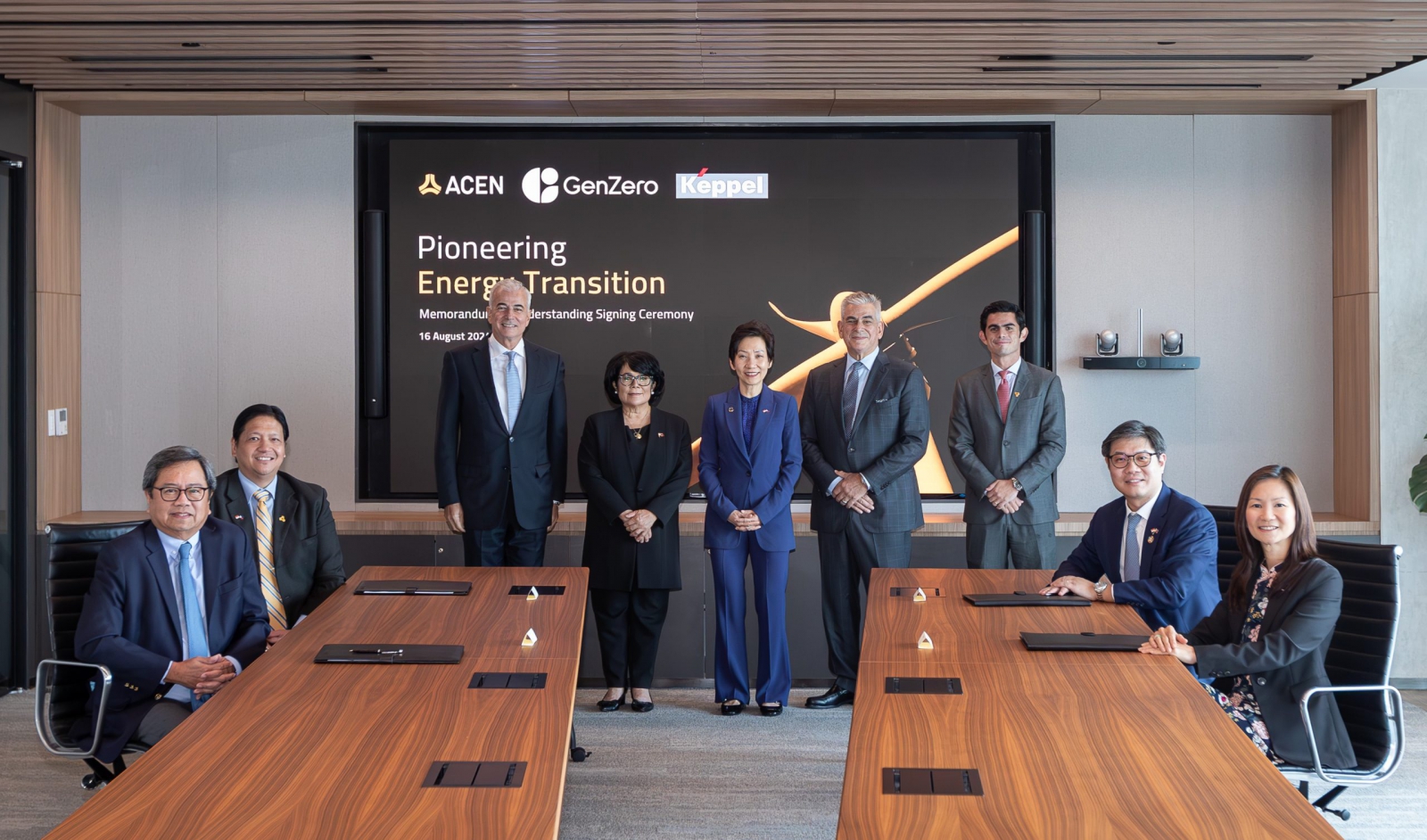 The Philippines has issued a framework for carbon credit trading, paving the way for future Article 6 collaborations. Before its release, private firms had already launched voluntary carbon projects. (Photo: ACEN)
The Philippines has issued a framework for carbon credit trading, paving the way for future Article 6 collaborations. Before its release, private firms had already launched voluntary carbon projects. (Photo: ACEN)
The Philippines has issued a framework policy for generating, managing, and monitoring carbon credits in the energy sector. The guidelines align the country with Article 6 of the Paris Agreement, paving the way for bilateral and multilateral carbon trading.
Building the foundation for carbon market participation
Published on Oct. 10, the Department Circular aims to help energy stakeholders, especially the private sector, access carbon finance and prepare for emerging carbon market mechanisms.
Under the framework, a Task Force on Energy Carbon Credits (TFECC) will coordinate actions across the energy sector. Each Carbon Credit Certificate (CCC) represents one metric ton of CO₂ equivalent reduced.
The credits can be verified and authorized through the Designated National Authority (DNA) for transfer to other countries or companies. Once approved, they may be classified as Internationally Transferred Mitigation Outcomes (ITMOs), which represent one metric ton of greenhouse gas emissions reduced or removed and are eligible for trading under Article 6 of the Paris Agreement, or as carbon allowances under programs such as CORSIA.
Philippines joins ASEAN push for carbon trading
The Philippines plans to engage in bilateral and multilateral carbon credit trading with countries such as Singapore, Japan, and several European nations, aligning its domestic efforts with global market opportunities. A legally binding carbon credit implementation agreement with Singapore is expected to be finalized by the end of the year.
Carbon credit trading is gaining momentum across the ASEAN region. Singapore has signed nine Article 6 implementation agreements (IAs) to expand its carbon market collaboration with countries around the world. Since August, Singapore has inked its first such deal with an ASEAN member, Thailand, followed by another with Vietnam in September.
Indonesia also lifted its temporary ban on carbon trading on Oct. 10, after an earlier pause driven by concerns over low global carbon prices. The revival signals Indonesia’s attempt to generate state revenue through the cross-border sale of carbon credits.
Experts raise concerns over policy uncertainty
While the Philippines’ new framework aims to clarify rules and lay the groundwork for carbon credit trading, experts warn that it could restrict existing projects. Describing the rules as “overdue,” Rose Josol, senior director for climate change and sustainability services at SGV & Co., said at the Unlocking Capital for Sustainability (UCFS) Philippines event in September that some ongoing carbon projects may need to “restart under the new rules.”
Private-sector efforts are already underway. Last year, Philippines-based energy firm ACEN, Temasek-owned investment platform GenZero, and Singaporean conglomerate Keppel signed an agreement to retire a coal plant in Batangas ten years ahead of schedule, generating carbon credits in the process. The new framework, however, could introduce uncertainty to such voluntary initiatives.
 ACEN, GenZero, and Keppel signed an agreement last year to retire a coal plant in Batangas ahead of schedule, generating carbon credits in the process. (Photo: ACEN)
ACEN, GenZero, and Keppel signed an agreement last year to retire a coal plant in Batangas ahead of schedule, generating carbon credits in the process. (Photo: ACEN)
The Philippines’ Nationally Determined Contribution (NDC) pledges to reduce greenhouse gas emissions by 75% by 2030. According to the Department of Energy, the new carbon credit framework aligns with the Philippine Energy Plan (PEP) 2023-2050, which aims to advance a low-carbon energy future.
Whether the policy will bring clearer rules or cloudier prospects remains to be seen. Still, it marks the country’s first step toward operationalizing Article 6. “The current crediting system is definitely not perfect, but at least it’s an attempt to provide financial solutions to nature-based projects, which will not occur if there’s no carbon credit market,” said Tom van der Meulen, managing director of Control Union Philippines, in an Eco-Business report.
Source: Manila Times, Eco-Business
.jpg)


